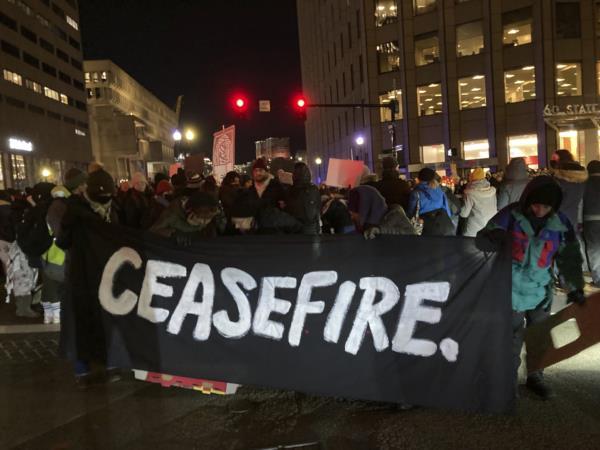
A recent ceasefire-hostage deal in Gaza has sparked hope for broader de-escalation in the Middle East, with experts suggesting that Iran could play a key role in reducing tensions in the region. Iran, a supporter of Hamas in Gaza, Hezbollah in Lebanon, and the Houthis in Yemen, has been engaged in a shadow war with Israel, leading to direct attacks between the two countries last year.
According to a senior fellow at the Royal United Services Institute (RUSI), the ceasefire presents an opportunity for Iran to reassess its proxy policies and potentially de-escalate its conflict with Israel. However, the outcome is uncertain, as Tehran faces various challenges on multiple fronts.
One of the critical factors that could influence the situation is the role of other regional players such as the US, Qatar, and Egypt in supporting the ceasefire agreement and navigating the next phases of the conflict. Additionally, the actions of Houthi militants in Yemen, who have been involved in disruptive activities in the Red Sea, will be closely monitored by international allies.



While the ceasefire offers a glimmer of hope for peace, experts caution that the situation remains volatile, and there is a risk that the agreement may only provide a temporary respite rather than a lasting solution to the conflict.
As all stakeholders adopt a cautious approach in the midst of ongoing tensions, the coming days will be crucial in determining whether the ceasefire marks a significant step towards peace in the region or merely a brief pause in hostilities.







